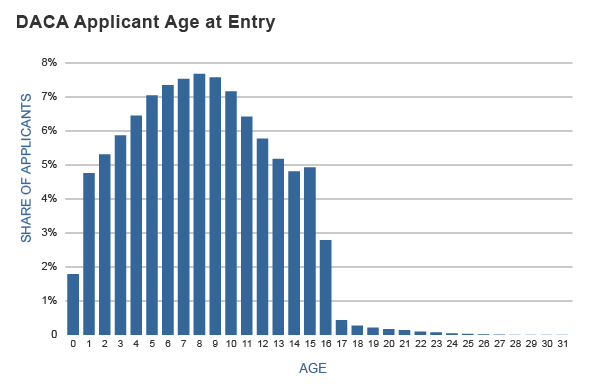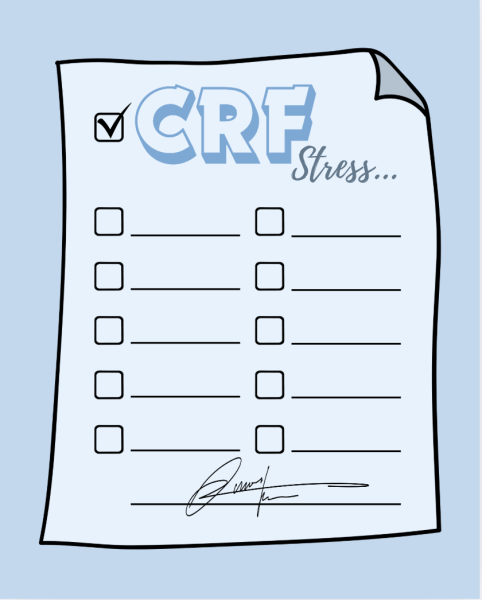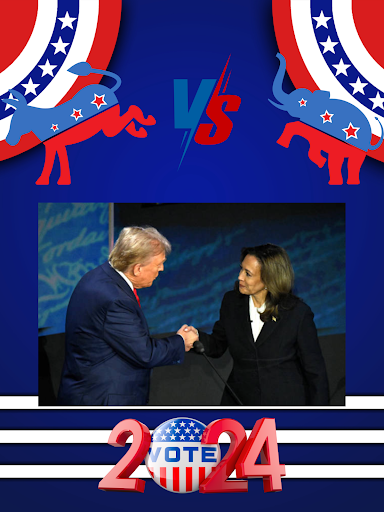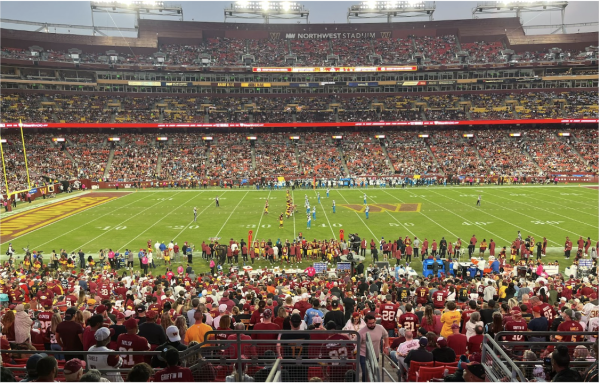Dreamer relief and assistance controversy
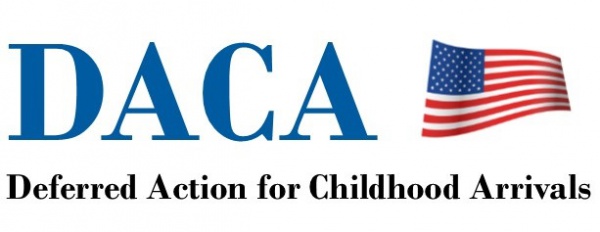
On September 5, President Donald Trump declared that he was going to discontinue the Deferred Actions for Childhood Arrivals (DACA), a program which provided documentation to Dreamers, or children of undocumented immigrants who were born in the United States. Trump gave Congress six months to draft an improvement or replacement bill for DACA before he cancels the bill altogether, taking away the documentation of these Dreamers. Now, for more than 800,000 Dreamers, the future is uncertain.
However, organizations in northern Virginia, such as Dream Project VA and Just Neighbors, have been accepting donations on behalf of these Dreamers, using the funds to get them documentation and proper education. According to Dream Project VA, 85 percent of their Dream Scholars go to and stay in college.
In a country as politically divided as the United States, any action that could be seen as partisan in one direction or another has the potential to create controversy. This effect was had when Dream Project VA and Just Neighbors set up these charities for Dreamers. The reactions from both sides of the US political spectrum started flowing in.
“I don’t support the repeal of DACA; I feel that by hurting immigrants we are hurting the [United States] as a whole,” senior Ryan Edelstein said. “We’d lose the cultural and economic benefits of many immigrants, which is more important than pushing them out because they are here illegally.”
The popular left-wing opinion on the issue is that Dreamers deserve the opportunity to have a life and find success in America, whether their parents had documentation or not. President Obama created DACA in order to ensure that Dreamers would have this opportunity. The population of Arlington is distinctively more Democratic than Republican, which is why these organizations, Dream Project VA in particular, have been able to achieve success.
However, the opposing conservative point of view is that these Dreamers are here illegally and therefore shouldn’t receive the opportunities that lawful American citizens receive until they are properly documented without a deferral act such as DACA. In addition, it is the belief of the some Republicans President Obama did not have the constitutional right to create DACA in the first place.
“I don’t think it was within the President’s constitutional right to enact [DACA] and make a decision like that,” junior Will Carlson said. “If we allow the President to pick and choose which laws they want to enforce, that upsets the balance of power between the legislative and executive branches.”
There are incontrovertibly two points of view when it comes to the existence of these organizations, causing controversy and debate. Teachers at Washington-Lee have had to take precautions while talking about these issues in order to not spark political debate in the classroom.
“The reason a lot of issues are controversial is that people don’t know the history of it,” AP Government teacher Mr. Kevin Phillips said. “My goal would be to have people make up their own mind about it, like stick to the facts. Also I have to teach the point of view of both major sides. So for DACA in particular, it’s kind of a lesson about executive orders and the limits of the president’s power.”
With regards to the school, DACA and the existence of the local relief organizations are two of the most partisan issues of significance right now. Teachers must be careful not to state only one side of an argument, but emphasize both sides and let the students formulate their own opinions. From there, students can take whatever actions they see fit.
“I teach about power, politics, about why one group would oppose it and another group would like it, and then the different viewpoints people have and how they developed.” Mr. Phillips said. “I try to set [the students] up with what people are saying, the facts, and the history, and then they can make up their own minds about what they think should happen.”
